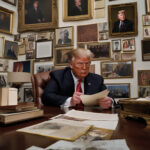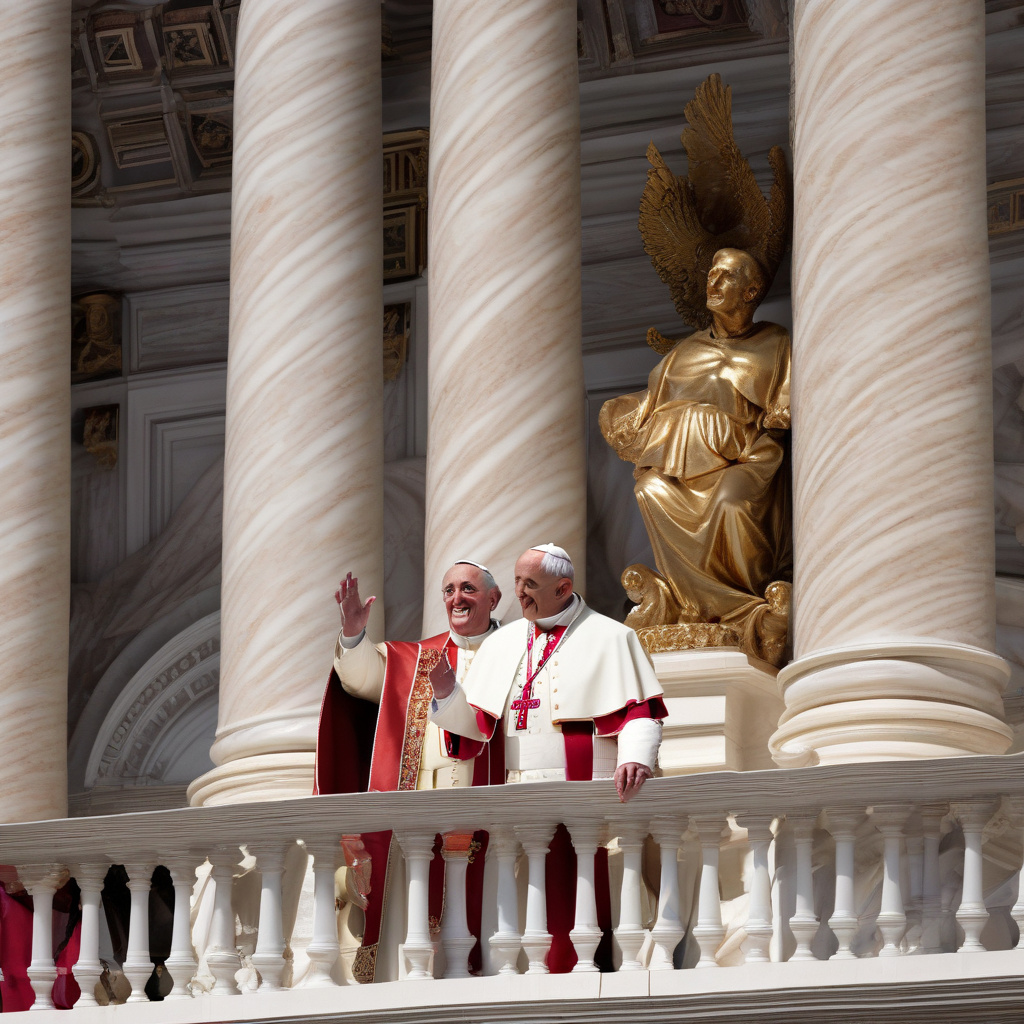Leo XIV: US Math Graduate Elected First American Pope in Catholic Church History
In a groundbreaking moment for the Catholic Church, Robert Prevost, a 69-year-old American missionary and former mathematics professor, has been elected as the first American pope in the church’s history. Taking on the papal name Leo XIV, Prevost brings a unique set of skills and experiences to the role, marking a significant shift in the traditionally European-centric leadership of the Vatican.
Prevost’s journey to the papacy is as remarkable as it is unconventional. Born and raised in small-town Ohio, he pursued a career in mathematics, earning a graduate degree from MIT before eventually transitioning to missionary work in South America. His blend of intellectual prowess and deep spiritual commitment has made him a respected figure within the global Catholic community.
The election of Leo XIV comes at a critical juncture for the Catholic Church, which is facing a series of challenges ranging from declining membership in some regions to internal debates over doctrine and reform. As the first non-European pope in over a millennium, Prevost’s appointment signals a desire for a more inclusive and diverse leadership that can better reflect the church’s global reach and appeal.
In his first address to the faithful, Leo XIV emphasized the importance of unity, compassion, and innovation in addressing the pressing issues of the modern world. Drawing on his background in mathematics and his experience as a missionary, he called for a renewed focus on education, social justice, and environmental stewardship as core pillars of the church’s mission in the 21st century.
Leo XIV’s election has been met with a mix of excitement, curiosity, and cautious optimism from both within and outside the Catholic Church. Supporters hail his blend of intellectual rigor and spiritual humility as a refreshing change from traditional papal styles, while critics raise questions about his lack of administrative experience and the potential challenges of navigating the entrenched bureaucracy of the Vatican.
As Leo XIV begins his papacy, all eyes will be on how he navigates the complex landscape of global Catholicism and steers the church through the turbulent waters of the modern era. His unique background and perspective offer both opportunities for innovation and risks of controversy, making his tenure a subject of intense interest and scrutiny for Catholics and non-Catholics alike.
In the end, the election of Leo XIV as the first American pope in Catholic Church history represents a bold step towards a more diverse and dynamic leadership for one of the world’s oldest and most influential institutions. Whether he will be able to harness his mathematical acumen and missionary zeal to address the challenges of his time remains to be seen, but one thing is certain: the reign of Leo XIV promises to be a fascinating chapter in the ongoing story of the papacy.
pope, catholic church, american pope, leadership, diversity









